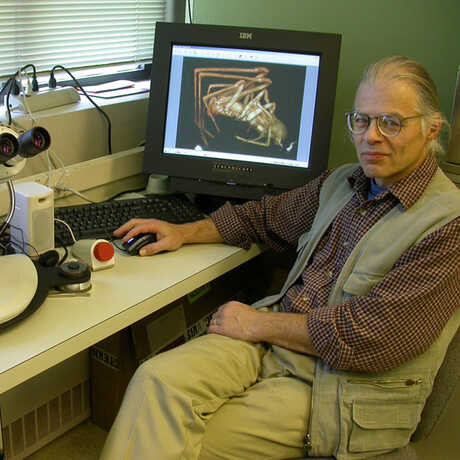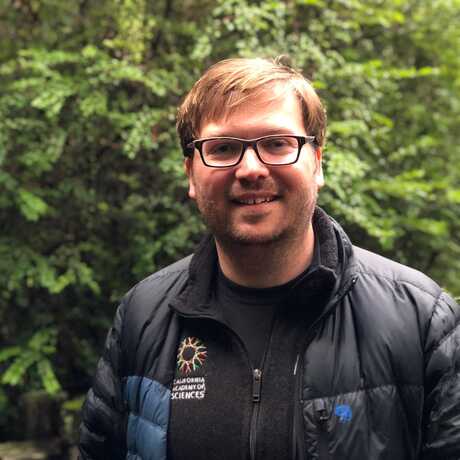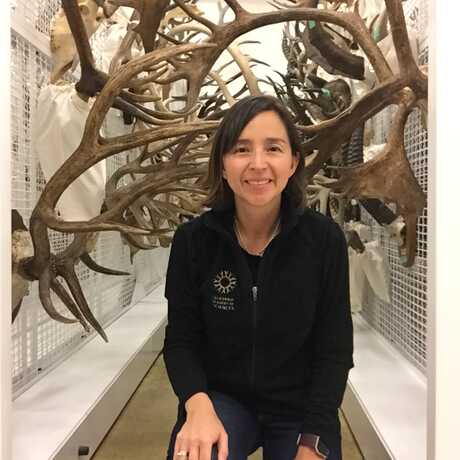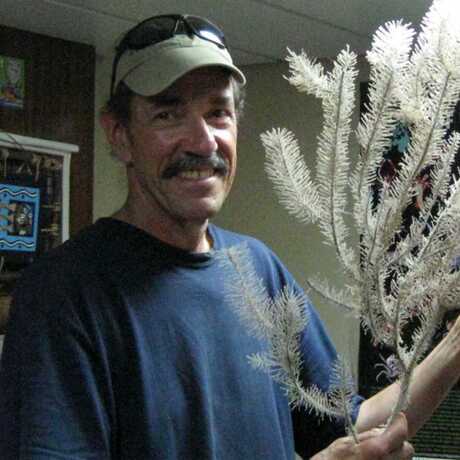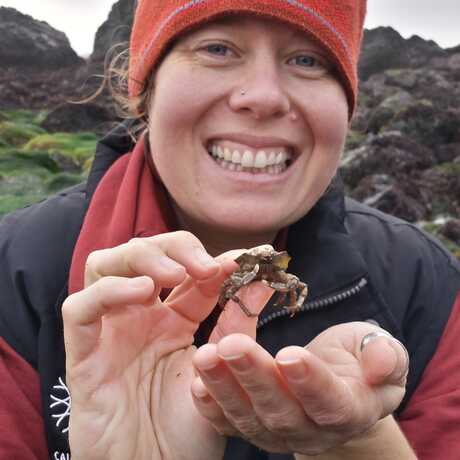Search for Academy curators, collections managers, and research staff working to answer some of the world's most pressing scientific questions.
My research focuses on improving the tree of life for arthropods. Weevils (Curculionidae) are my focal taxon of choice. Weevils have specialized ecological habits, such as feeding on fungi, seeds, pollen, wood, roots and even kangaroo dung, weevils make an excellent system to study the evolution of different ecomorphologies. Currently I am focusing my efforts on whole genome sequencing and functional genomics in the genus Pachyrhynchus as well in the Cryptorhynchinae.
I am a biologist, graduated from the Pontificia Universidad Javeriana in Bogota, Colombia. I studied the density and distribution of the two toed sloth “Choloepus hoffmanni” in a Andean forest of Colombia as an undergraduate research thesis. In 2012, I graduated from San Francisco State University with a Masters degree in Biology, Conservation Biology. For my graduate thesis I studied the identification of an accurate technique to detect the OtHV-1 in California sea lions “Zalophus californianus”.
Research interests include the systematics and evolutionary biology of octocorals (soft corals, gorgonians, and pennatulaceans), which comprise 65% of all coral species diversity. Fieldwork is currently focused on two bathymetrically opposite regions of the world's oceans: coral reefs of the tropical western Pacific (the Philippines, Melanesia, and Micronesia), and the deep-sea benthos (particularly the west coast of North America and various deep ocean basins worldwide).
The California Academy of Sciences Center for Biodiversity and Community Science connects people to their local nature and each other while simultaneously collecting data critical to science and management.
Research Areas
Encyrtidae of California
The Encyrtidae (Hymenoptera) comprise one of the most important groups of insects used for the biological control of economic pests. However there has never been a systematic attempt to characterize the Nearctic fauna. As a preliminary to such a study, I am compiling a checklist of the species found in California, including both native species as well as those established here in biocontrol programs.
